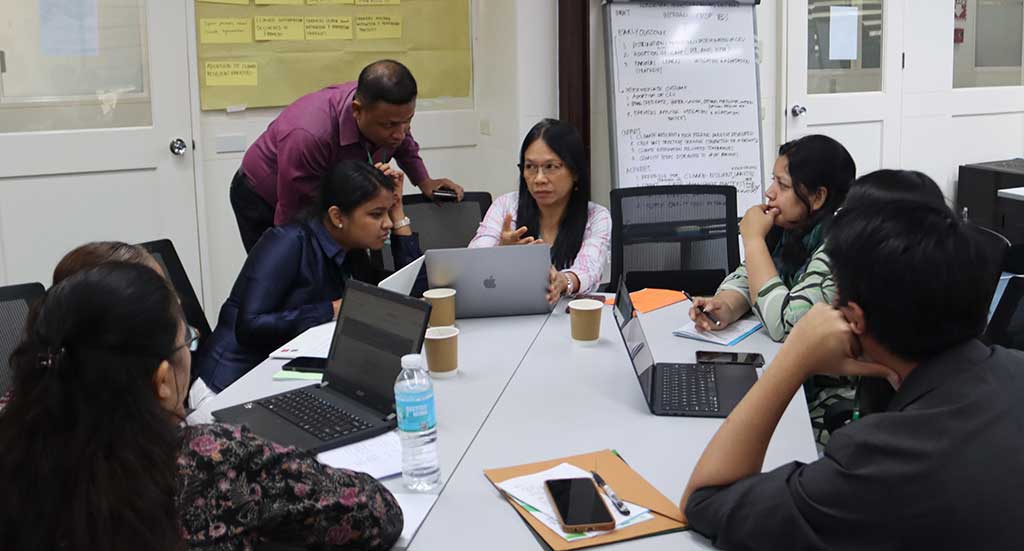Course Description
In an era of increasing complexity and resource constraints, policymakers and development practitioners must demonstrate the effectiveness of their interventions. Impact evaluation and causal inference are essential for assessing intended program outcomes and informing evidence-based decision-making.
This four-day workshop will provide participants with the tools and knowledge to rigorously evaluate the impact of interventions and make informed policy decisions. By utilizing practical applications and real-world examples, the workshop will bridge the gap between research and policy, fostering more
effective and sustainable development outcomes.
Course Objectives
By the end of the training course, the participants should be able to:
- Understand the importance of impact evaluation and causal inference in development practice
- Gain practical skills in designing and implementing RCTs and quasi-experimental methods
- Learn how to conduct a cost-effectiveness analysis (CEA) to evaluate the economic efficiency of interventions
- Integrate evidence-based approaches into policymaking and program design
Key Modules:
- Need for Impact Evaluations: Why impact evaluations are essential for assessing program effectiveness and ensuring accountability
- Randomized Controlled Trials (RCTs): The gold standard for causal inference, including design, randomization, and analysis
- Quasi-Experimental Methods:
– Difference-in-Differences (DiD): Comparing changes over time between treatment and control groups
– Instrumental Variables (IV): Addressing endogeneity and selection bias
– Regression Discontinuity Designs (RDD): Leveraging cutoff points for causal inference - Cost-Effectiveness Analysis (CEA): Evaluating the economic efficiency of interventions by comparing their costs and measurable impacts
- Evidence-Based Policymaking: Leveraging rigorous impact evaluations and CBA to inform policy decisions and enhance program design
Learning Modality
The course will be delivered face-to-face with a mixed modality of synchronous and asynchronous discussions involving theoretical concepts, practical, and hands-on exercises.
Basic Requirements/Eligibility
Open to early-career researchers and practicing specialists with basic knowledge of research methods who have completed or are working in projects and seek to conduct impact analyses in agriculture, environment, or related fields.
Target Audience
This workshop is designed for policymakers, development practitioners, researchers, and students interested in impact evaluation, causal inference, and evidence-based policymaking.






